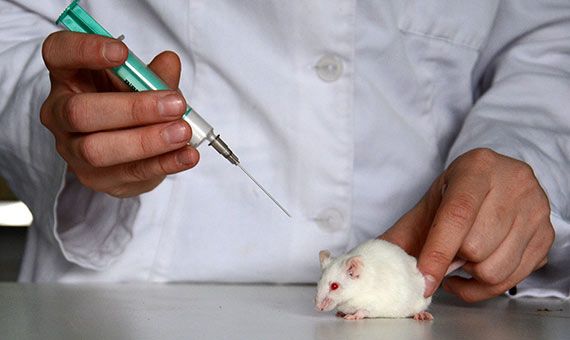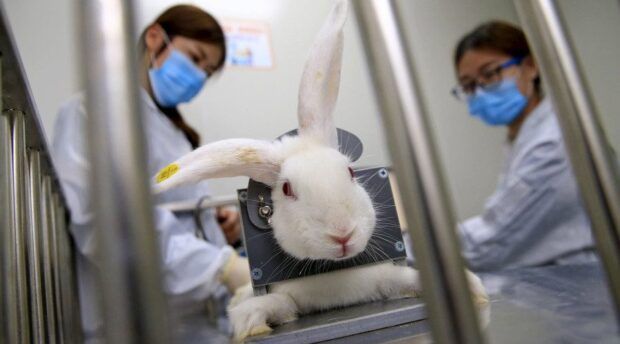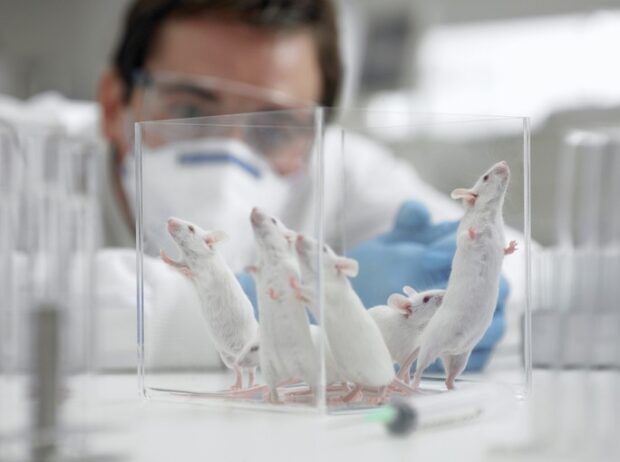Advertisement
Is Animal Experimentation Ethical?
By tash
2 min read
Advertisement - Continue reading below
Animal experimentation/testing refers to procedures carried out on living animals for the objectives of basic biology and disease research, evaluating the efficiency of novel pharmaceutical medicines, and evaluating the environmental safety of consumer and industrial products as well as human health. Many of these experimentations cause discomfort or decrease the quality of life of the animals involved in some way. If it is immoral to force animals to suffer, then animal experimentation poses major ethical issues.
Animal experimenters are well aware of these ethical issues and agree that studies should be conducted in the most compassionate manner feasible. Here are some perspectives that need to be considered in animal testing:
-
It is Unprincipled
This procedure is often described as excessive and imprudent. Animal experiments are usually irrelevant to human health, and these take funds away from other human-relevant research. Humans suffer longer while waiting for effective remedies. Animal experiments are ineffective and only half of them are ever reported.
-
It is Irrelevant
According to the Journal of the Royal Society of Medicine, most animal testing is irrelevant to human health, as they do not contribute significantly to medical progress, and many are done solely for the sake of curiosity and do not even pretend to offer hope for curing disease.
-
It is a Failure of Science
Animal testing results that are false cause harm to humans. Dangerous chemicals may be conducted as a result of erroneous animal experiment results, putting people at undue risk. According to National Center for Advancing Translational Services, 95 out of 100 drugs that pass in animal tests fail in humans.
-
It is Obsolete
“According to the US Food and Drug Administration, 9 out of 10 medications that appear to be safe and effective in animal research fail in human clinical trials, proving beyond a shadow of a doubt that using animals to predict biological effects in humans is fundamentally incorrect” (McIvor, E. 2014). Through modern-day technologies, modern scientists have developed humane research methods that are more precise than animal testing.
Considering those factors, we can conclude that animal experimentation is unethical and ineffective.
Advertisement - Continue reading below



